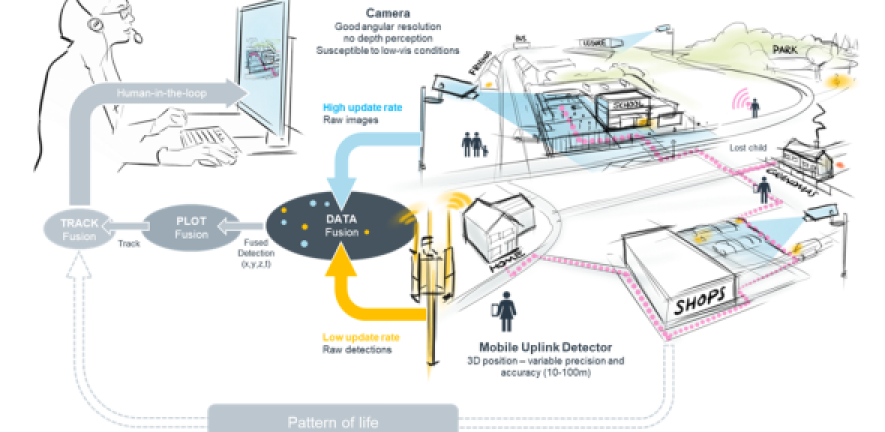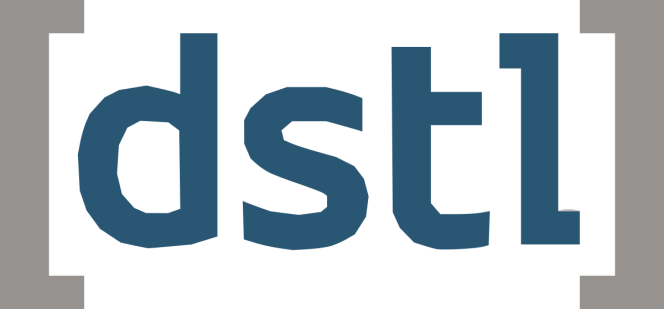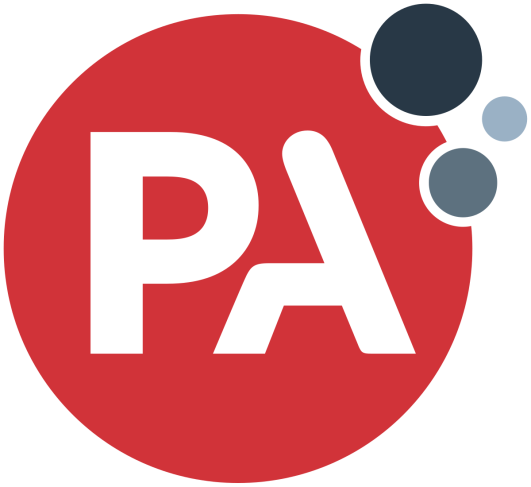
This three day virtual study group followed two research scoping workshops which took place in September and January 2020. It formed part of a programme of work with Dstl and PA Consulting which began in 2019 and which seeks to apply mathematics to challenges in the electromagnetic environment (EME).
This study group commenced at 10am on Wednesday, and finished at lunchtime on Friday.
Background
Operating in the EM environment has become increasingly complex due to continuing growth in civilian and military demand for spectrum (for example 5G), which has made it a highly congested and contested area. Current approaches to solving the challenges of operating in this environment have been successful over many years, but this increased complexity means it is now necessary to explore innovative approaches. Applying new or alternative mathematics to these challenges presents big opportunities to develop new approaches and create exciting possibilities for this field.
Since the programme started in 2019, two successful research scoping workshops have been run which both aimed to investigate mathematically led solutions to defined challenges in the EM environment. Outputs have included a number of small, funded tasks to develop thinking further and the partners are keen to take things forwards to sustain and broaden the work of the programme. This will help to develop the academic community and form connections into other funding mechanisms to stimulate further activity.
Aims and Objectives
This three day event was different to the two which ran in January 2020 and September 2020, which were research scoping workshops. It was a virtual study group specifically taking forward some of the challenges from these two events as well as introducing others. On the first day, the challenges were presented to the audience. Work-groups were then formed with the aim of producing viable solutions that were presented back to the problem presenters on the 3rd day.
As with the previous workshops, this activity brought together relevant stakeholders from across various applied mathematical fields with electromagnetic environment domain experts to explore novel ways to address these challenges. Participants were invited to explore the challenges in depth during break-out sessions with the expectation that innovative maths led approaches arose. We were happy to hear from individuals from all disciplines including early career researchers and in particular we welcomed enquiries from those with expertise in the following areas:
• Information theory
• Inverse problems
• Optimisation (including multi-level and discrete problems)
• Graph Theory / Network Analysis
• Game theory
• Agent modelling
Challenge areas investigated included:
• Understanding the Fundamental Performance Limit of a Heterogenous Sensor System
o Understanding the Fundamental Limits of Information Fusion
• “Escape the Sensors” – Multi-level Objective Route Optimisation with Adversarial Agents
• Optimisation of Communication Links between Dynamic Swarming Sensor Nodes
The programme is now live and can be found here.
The majority of the participants who came to the first meeting last January had not worked on problems of this type before and indeed many people had not worked on electromagnetics. This is fully aligned with the primary aim of this initiative to enable new thinking to come into this exciting field and why we strive towards development and establishment of a joined up multi-disciplinary UK community for this area.
Registration
Attendance at this event was free of charge and initially by invitation only.
This event took place virtually on Zoom.



